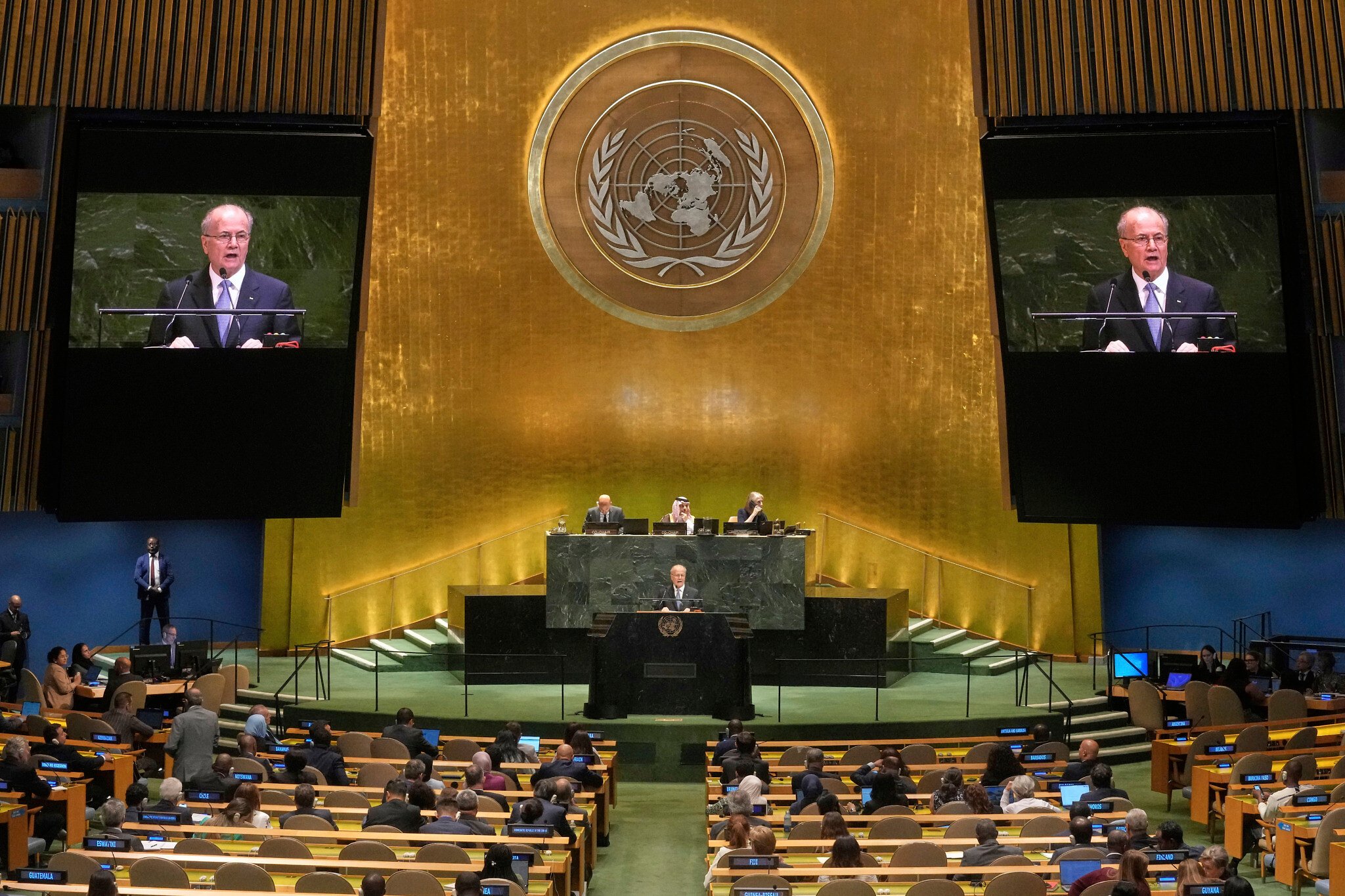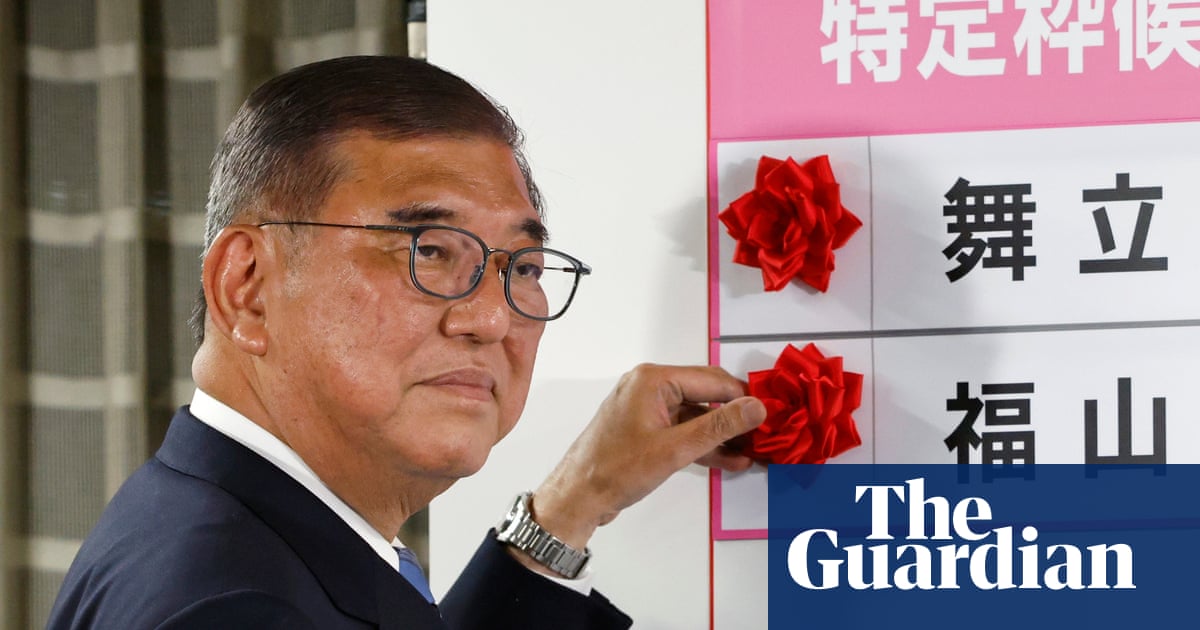T4K3.news
Japan sets up task force to address foreign resident issues
Amid rising tensions, Japan has created a task force to address concerns over foreign nationals.

Japan has created a task force to address growing frustrations related to foreign residents and tourists ahead of elections.
Japan forms task force in response to rising foreign resident tensions
Japan has established a new task force to manage concerns around foreign nationals as it approaches its upper house elections. Prime Minister Shigeru Ishiba announced the Office for the Promotion of a Society of Harmonious Coexistence with Foreign Nationals, citing issues related to crimes committed by some foreigners and misuse of government resources. This shift comes amid rising anti-immigration sentiment fueled by a fringe political party promoting nationalist policies. While Japan has recently opened its borders to foreign workers and tourists due to demographic challenges, the increase in foreign presence has led to public dissatisfaction, particularly among locals experiencing disruptions from rising tourism. Experts warn that pulling back on foreign integration may worsen Japan's demographic issues and economic challenges.
Key Takeaways
"This is not discrimination or hate speech."
Sanseito Secretary General Sohei Kamiya remarks on their political stance against foreign resident support.
"Pulling back on foreign integration could worsen demographics."
Jeffrey Hall warns about the economic implications of exclusionary policies.
"As Japan faces a declining birthrate, acceptance of foreign workers is essential."
Prime Minister Shigeru Ishiba emphasizes the need for foreign integration in his announcement.
"Negative beliefs around migration stem from falsehoods and misleading claims."
Sociology professor Shunsuke Tanabe explains the roots of public frustration.
The establishment of this task force underscores a complicated sentiment in Japan toward foreigners. On one hand, the country recognizes the need for foreign workers to combat severe demographic declines. On the other, rising nationalism and concerns about jobs and safety create a volatile public atmosphere. Politicians are keenly aware that addressing public fears can sway voters. However, there is a potential backlash against these measures, as creating a hostile environment for foreigners may ultimately hurt the economy that needs their contributions.
Highlights
- Rising tensions reflect fears that foreigners threaten jobs.
- Are we protecting our society or closing our doors?
- Efforts to attract foreigners now fuel public anger.
- Integration risks being overshadowed by nationalist fears.
Concerns over anti-foreign sentiment
A growing nationalist movement in Japan is leading to increased anti-foreign sentiment, potentially damaging the economy and harming foreign relations.
As Japan navigates its demographic challenges, the balance between inclusivity and control remains essential.
Enjoyed this? Let your friends know!
Related News

Japan sets up task force to manage foreign resident concerns

Brad Pitt files motion for Angelina Jolie's private messages

Zelensky signs law restoring anti-corruption agency independence

Russia and Ukraine Set for Third Round of Talks

Arab League condemns Hamas and urges disarmament

UN warns of dire hunger crisis in Gaza

Severe Hunger Crisis in Gaza

Shigeru Ishiba's coalition loses majority in Japan's upper house
